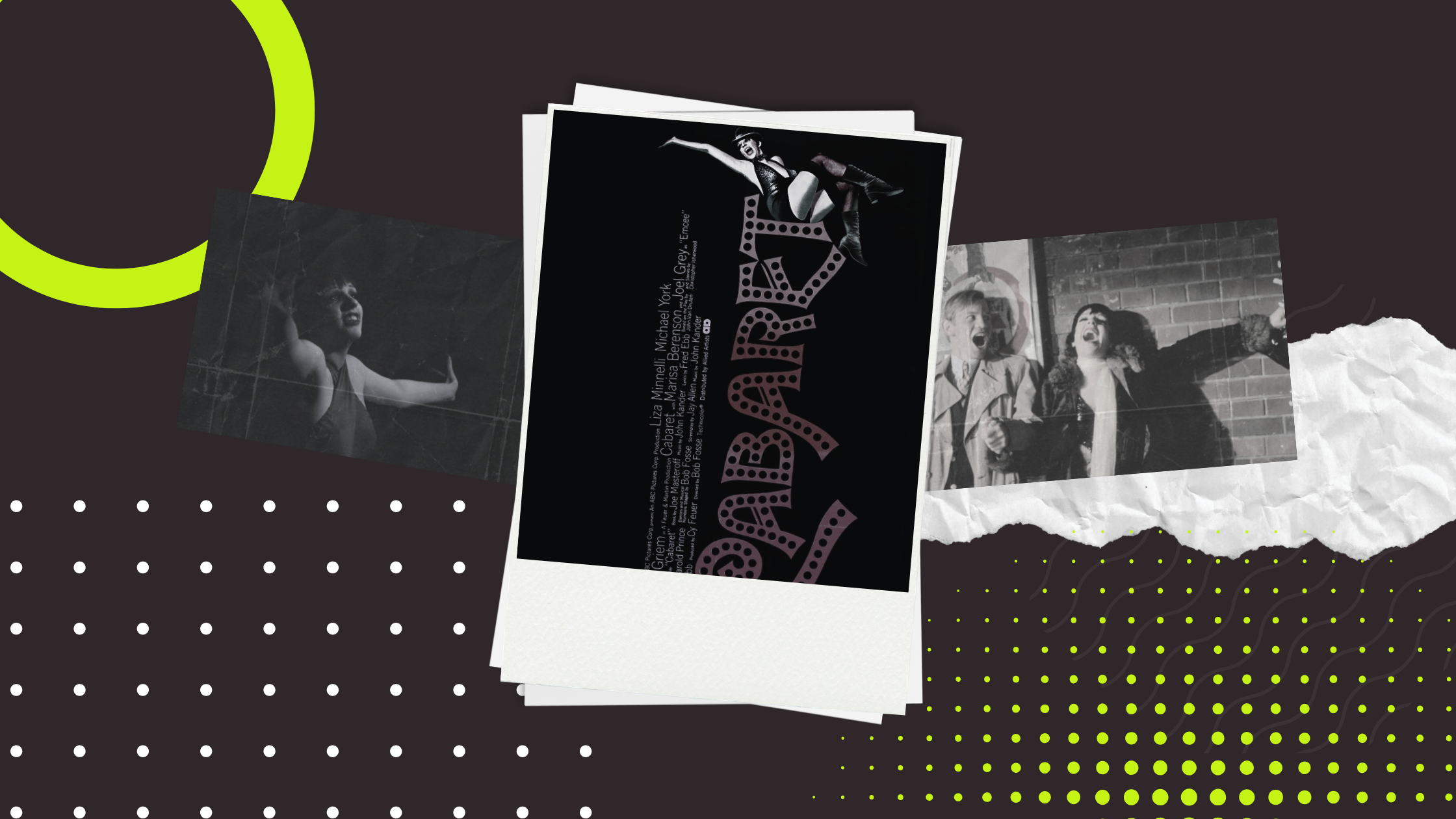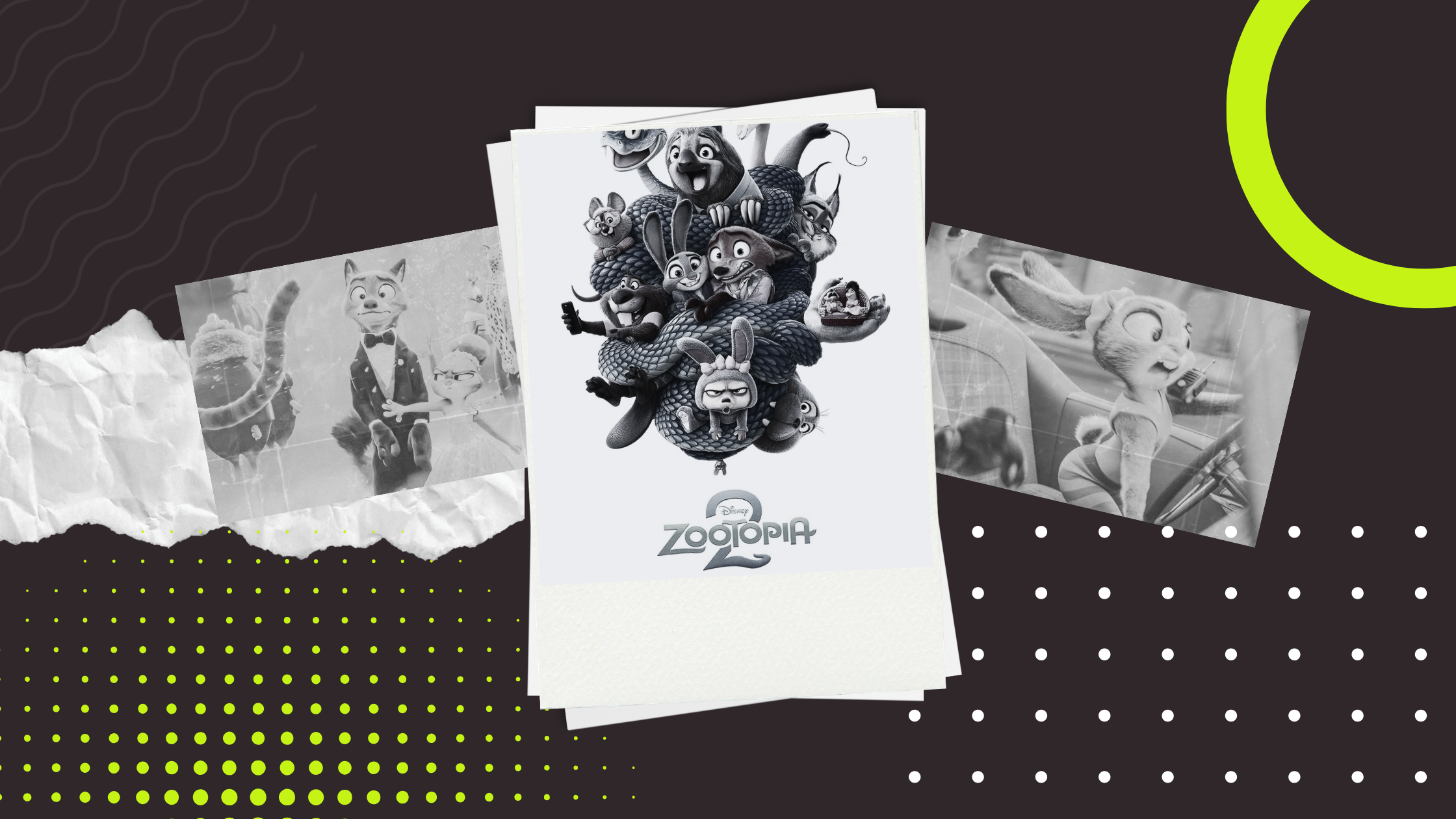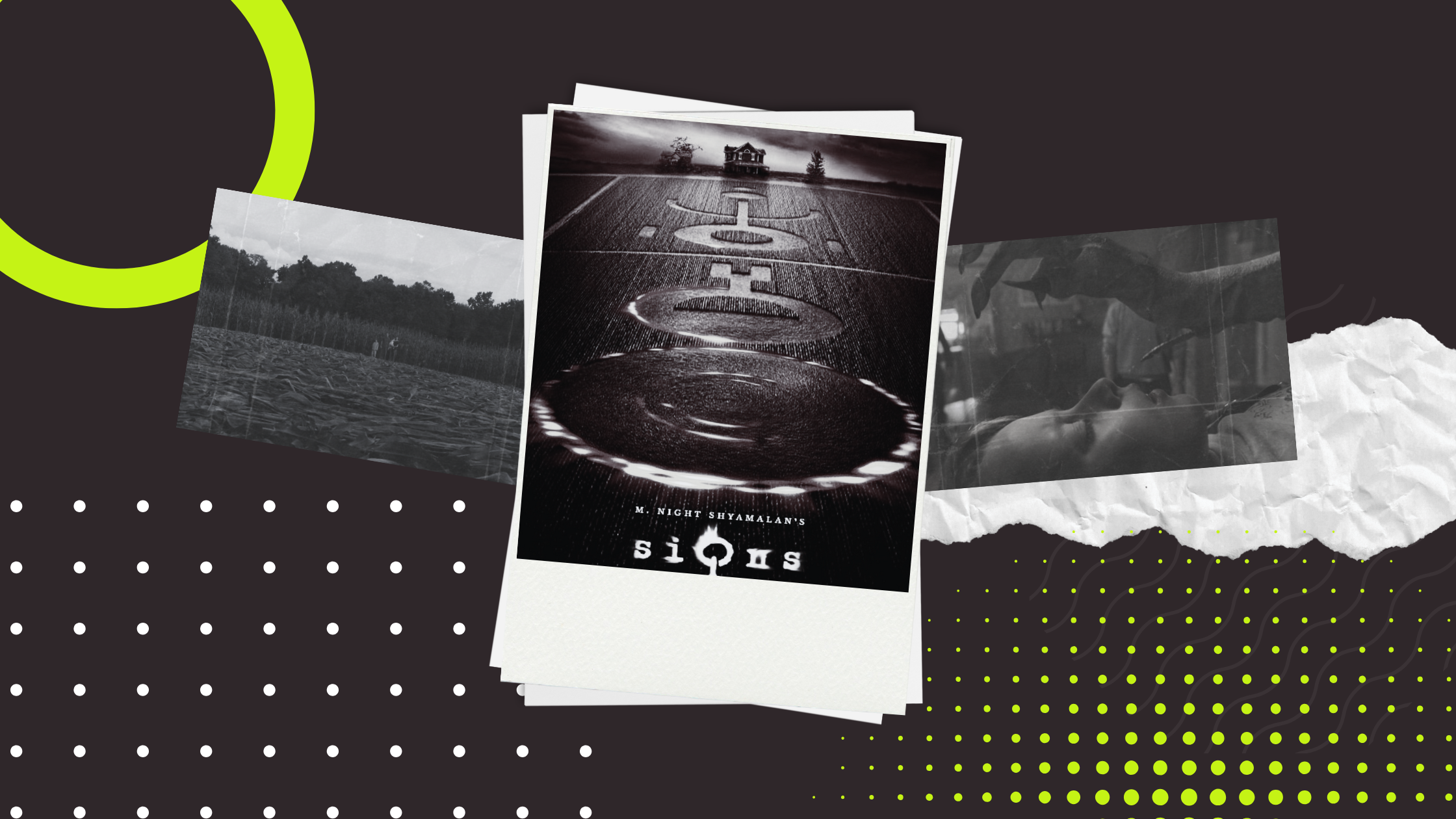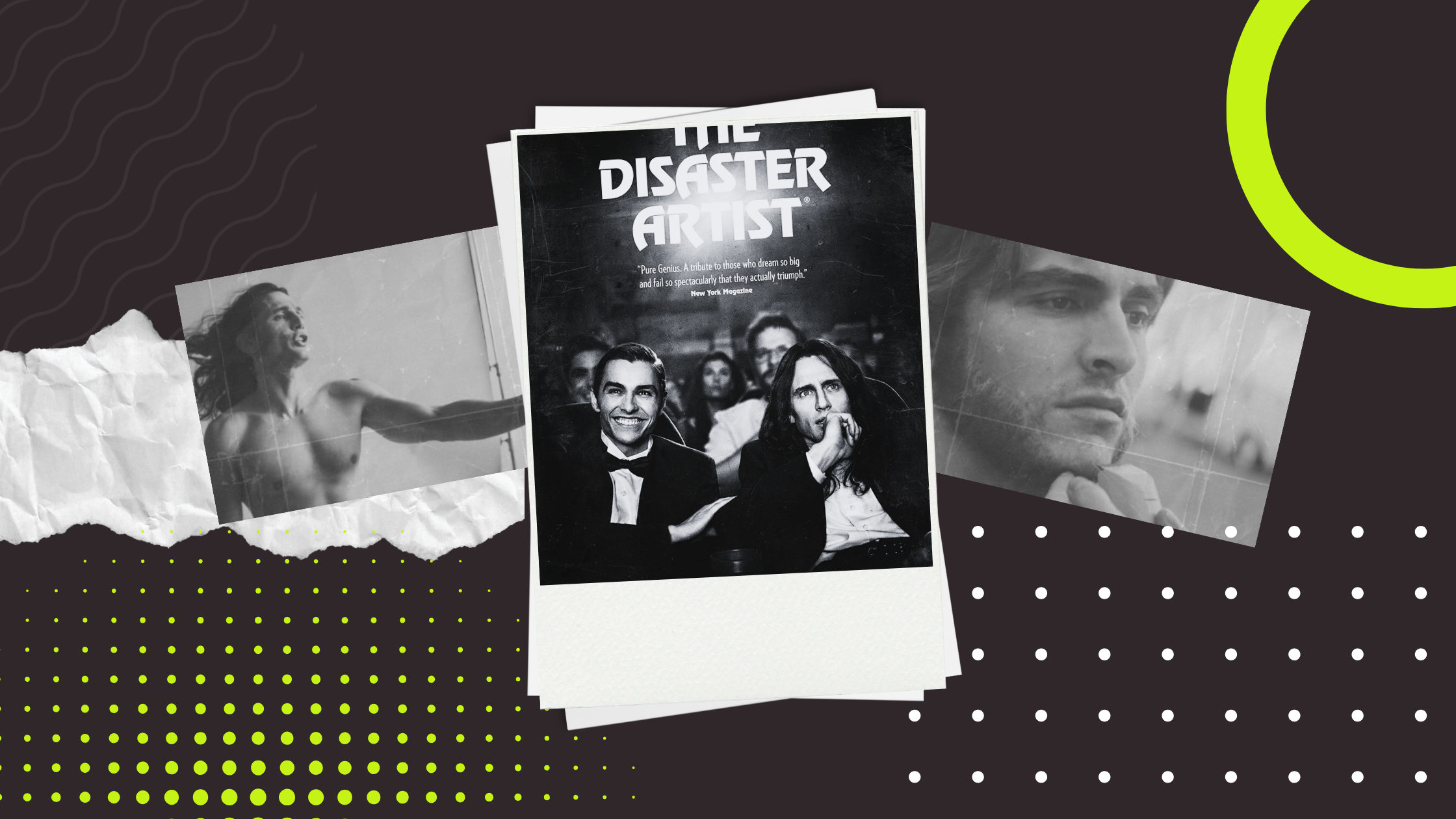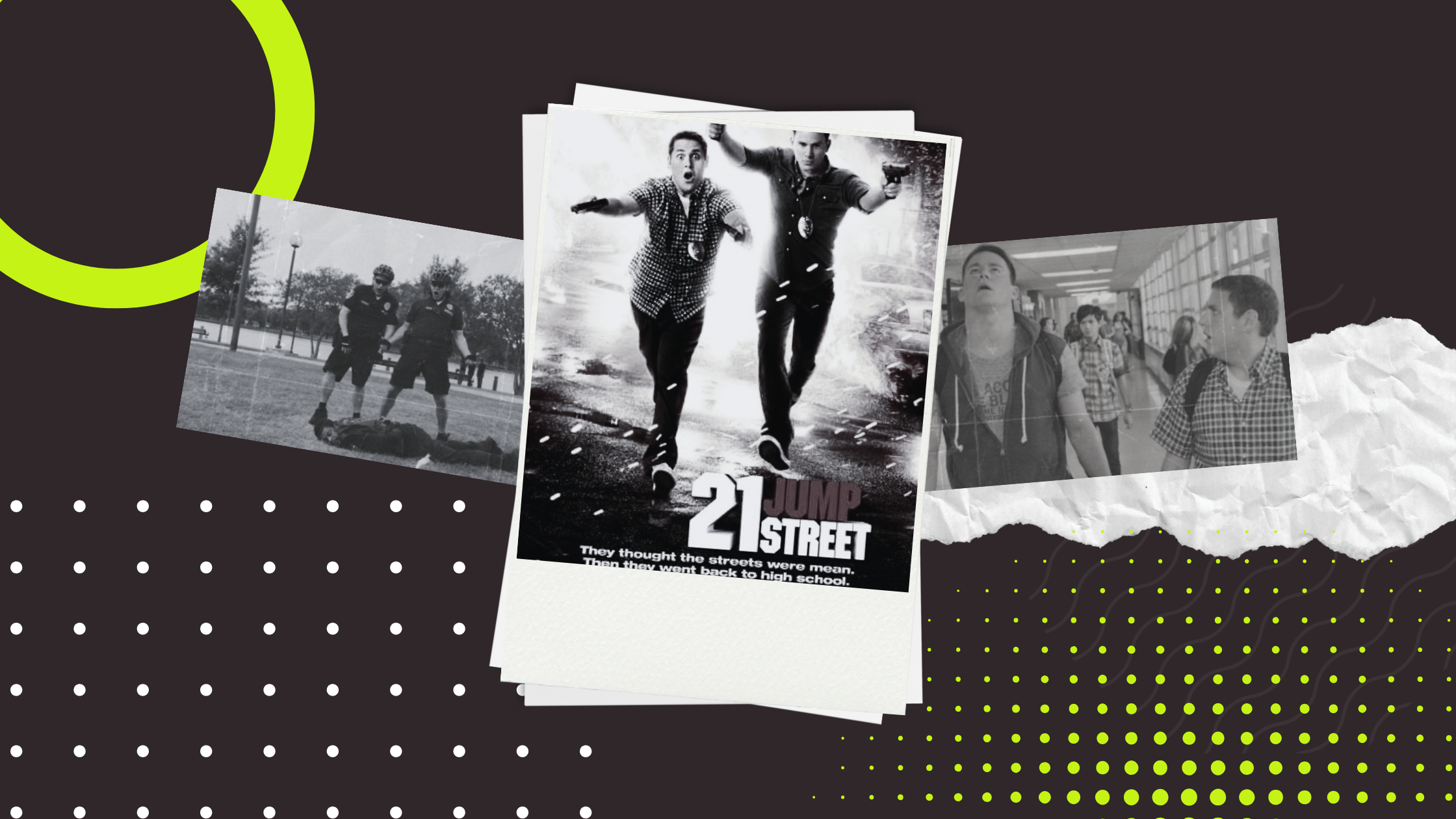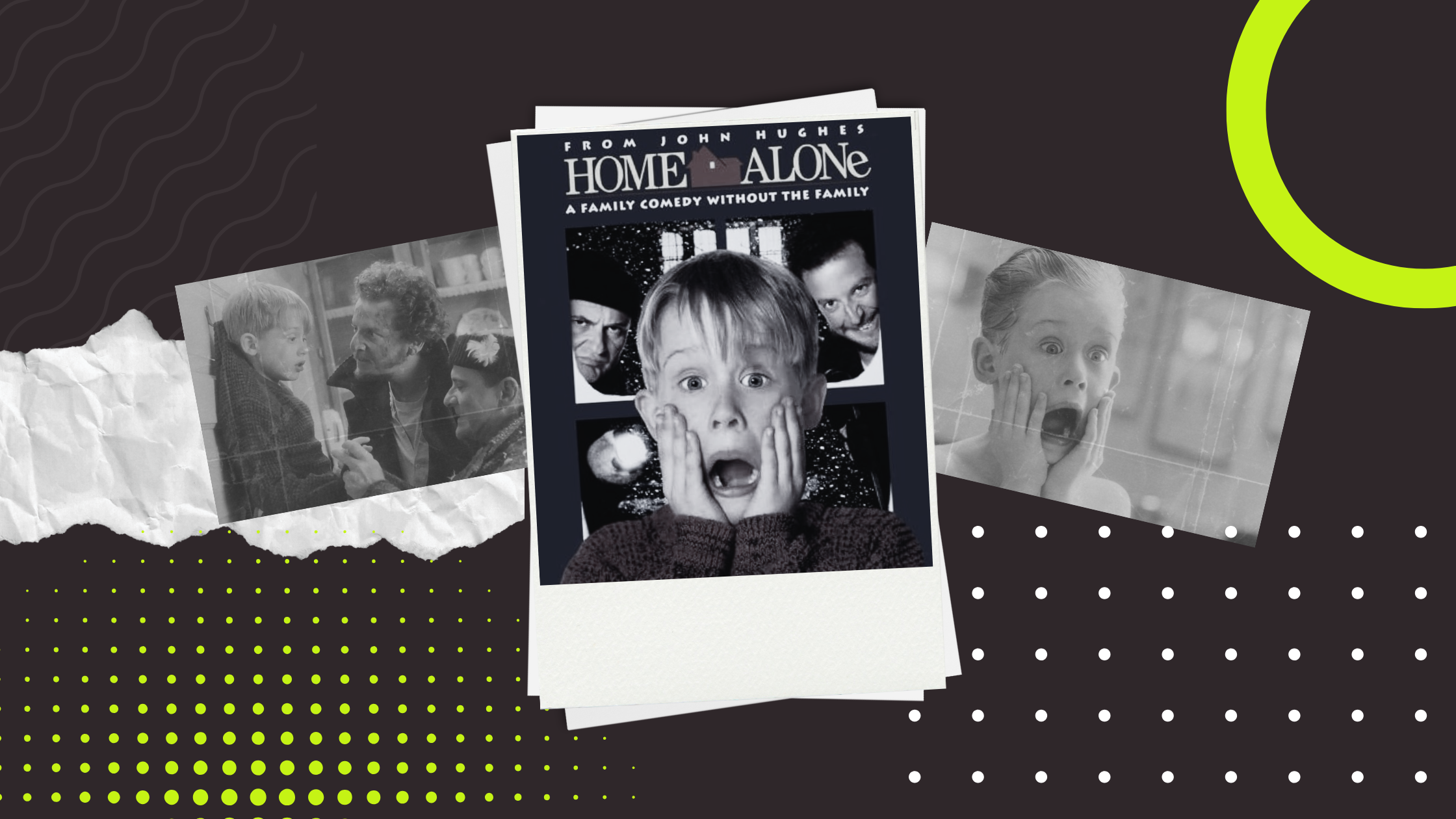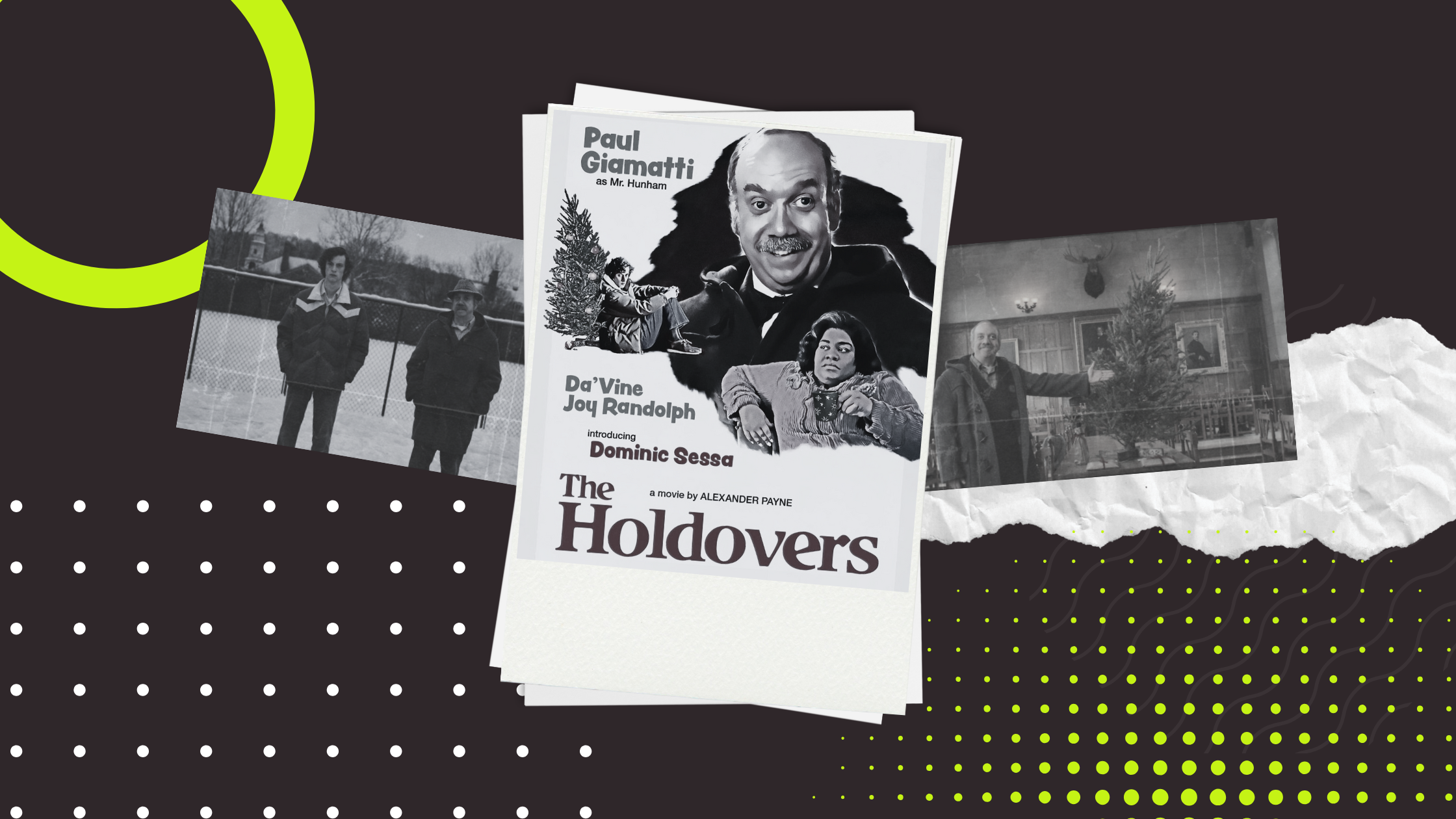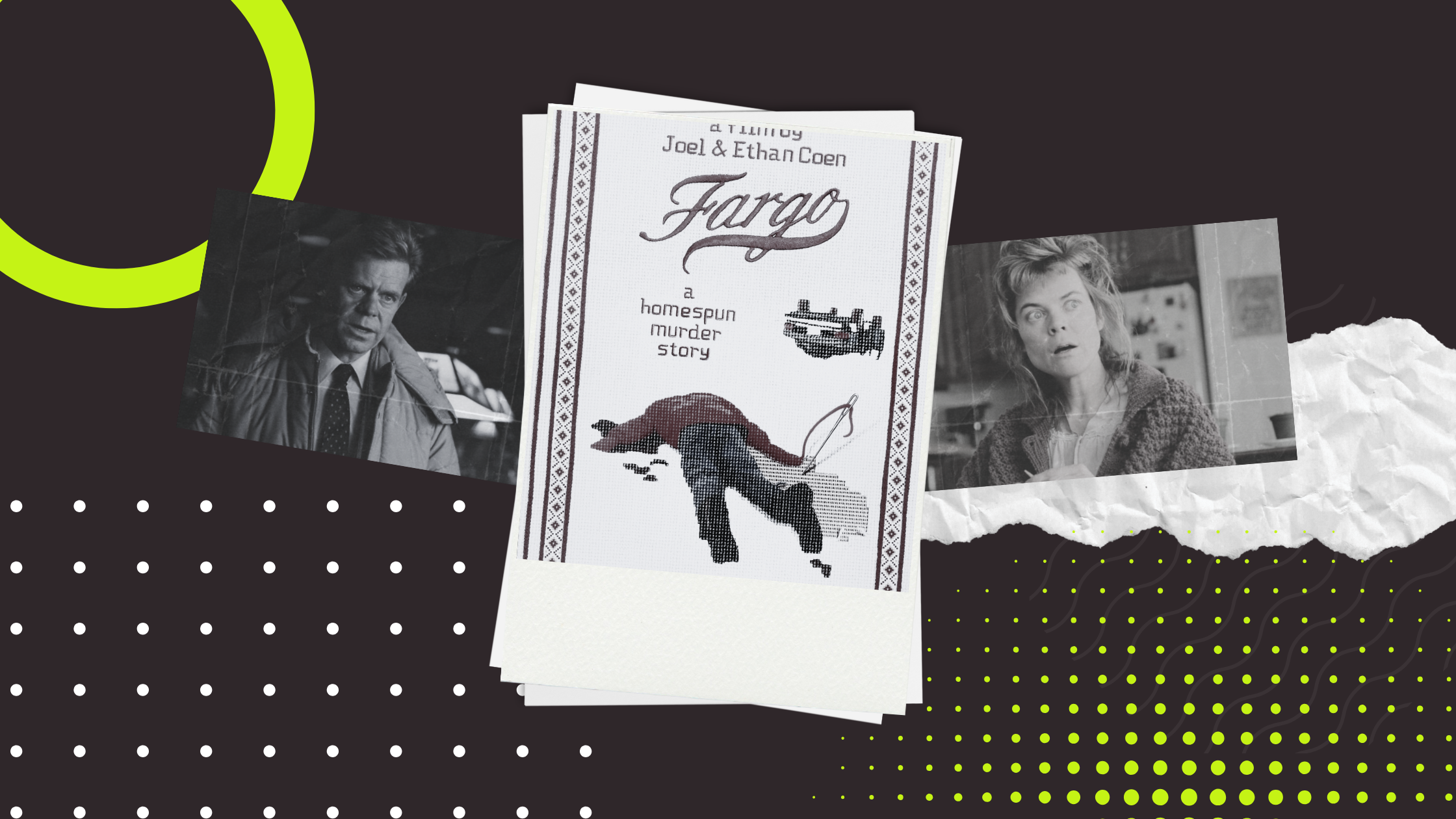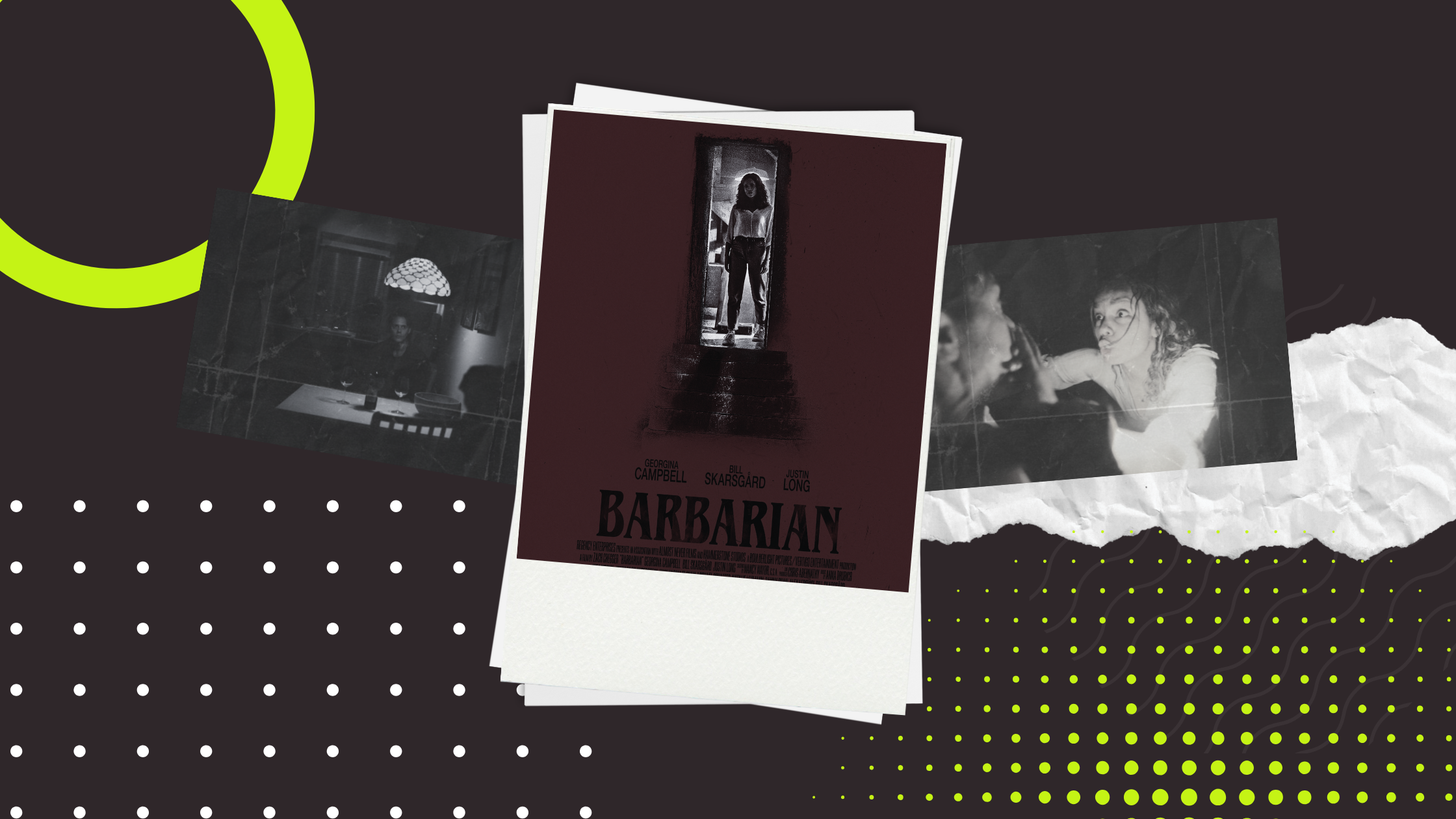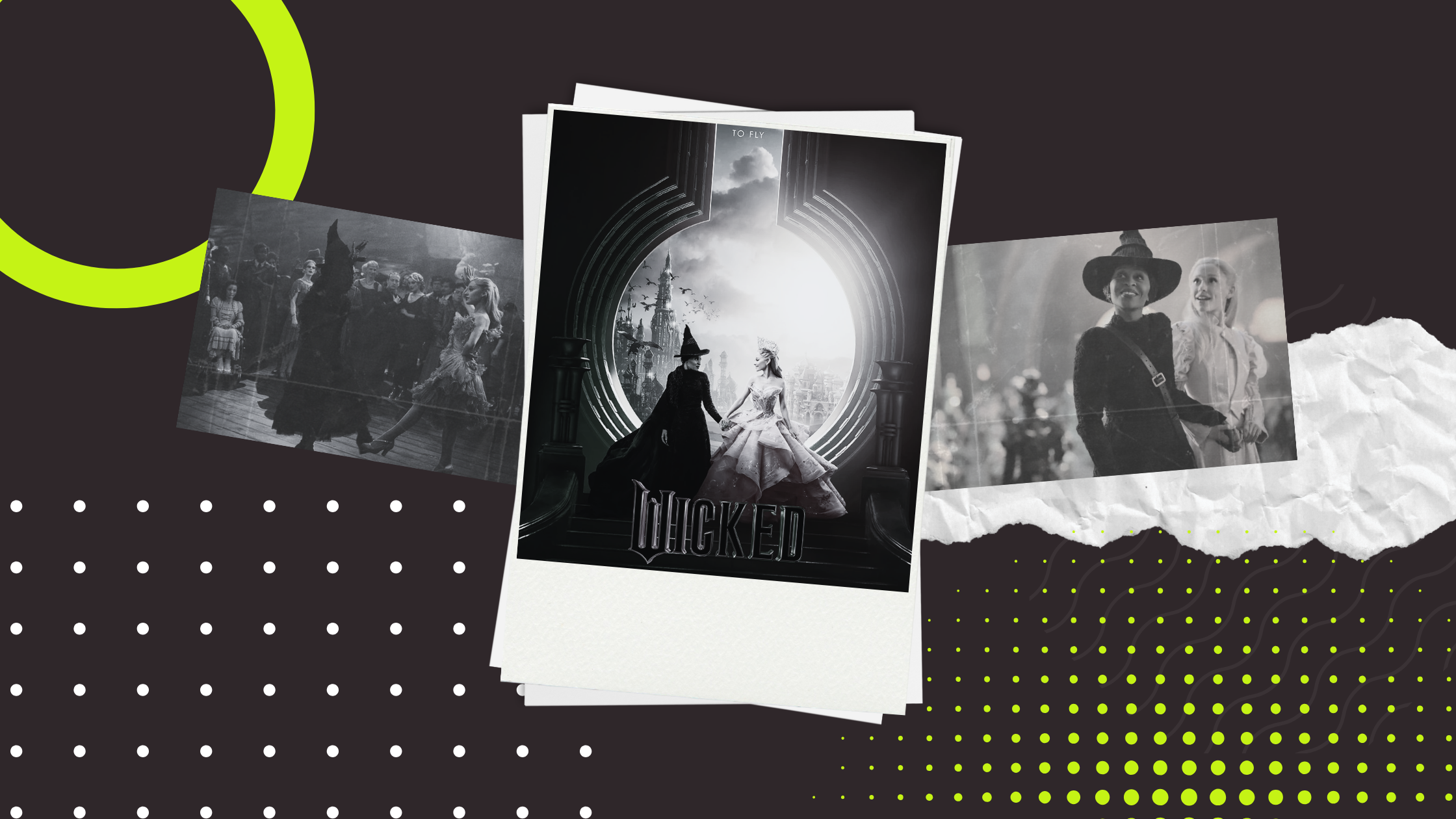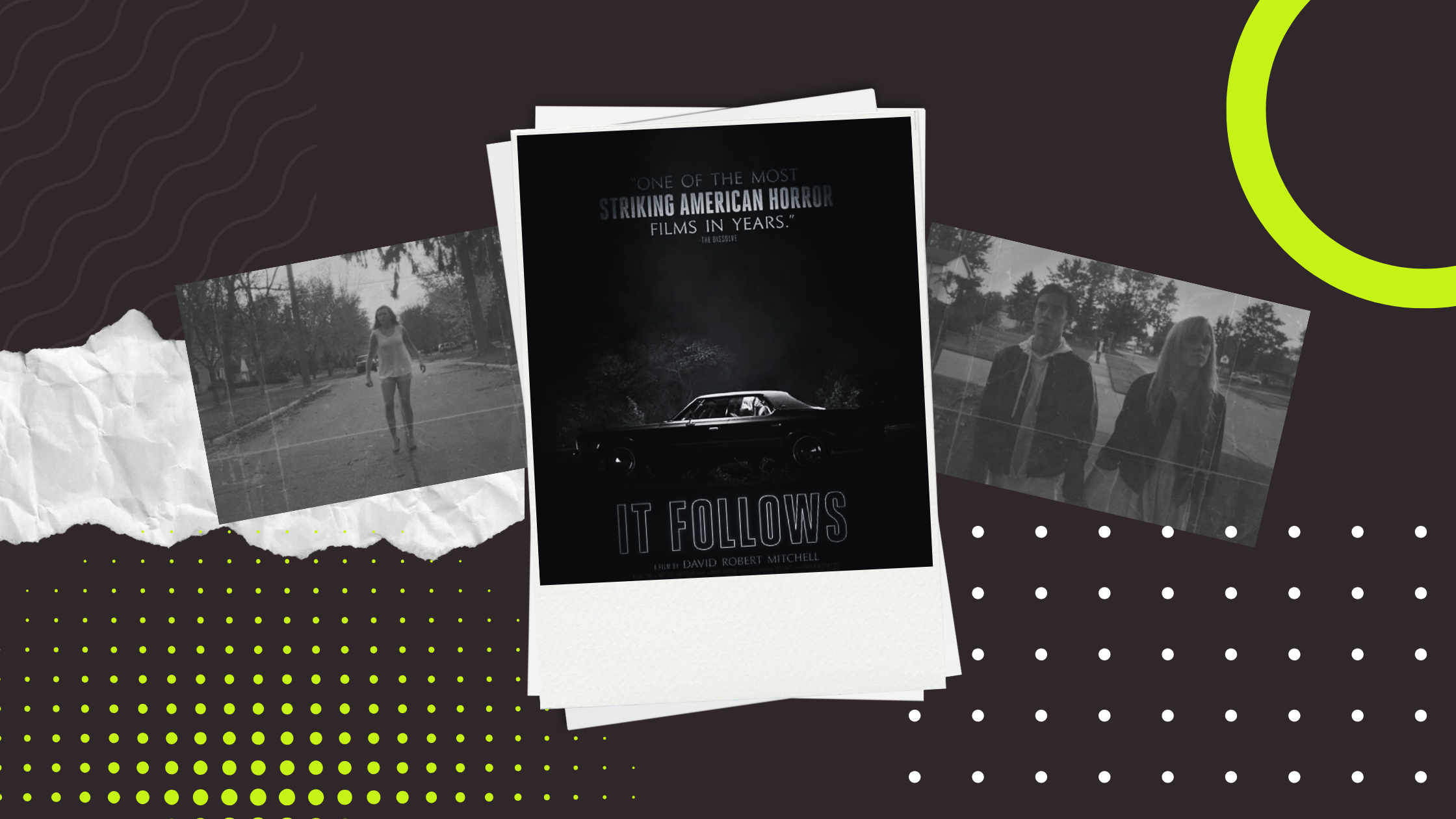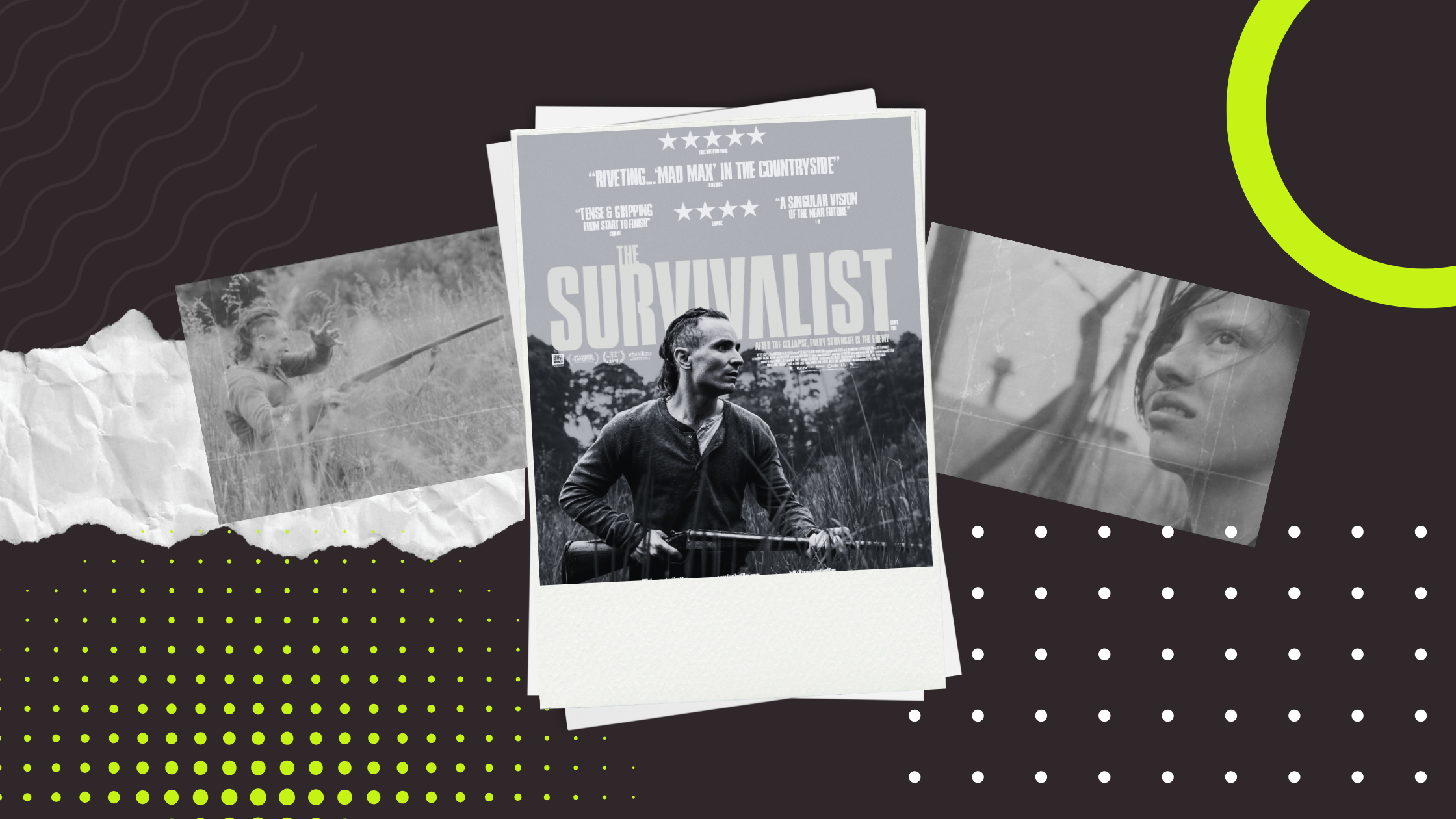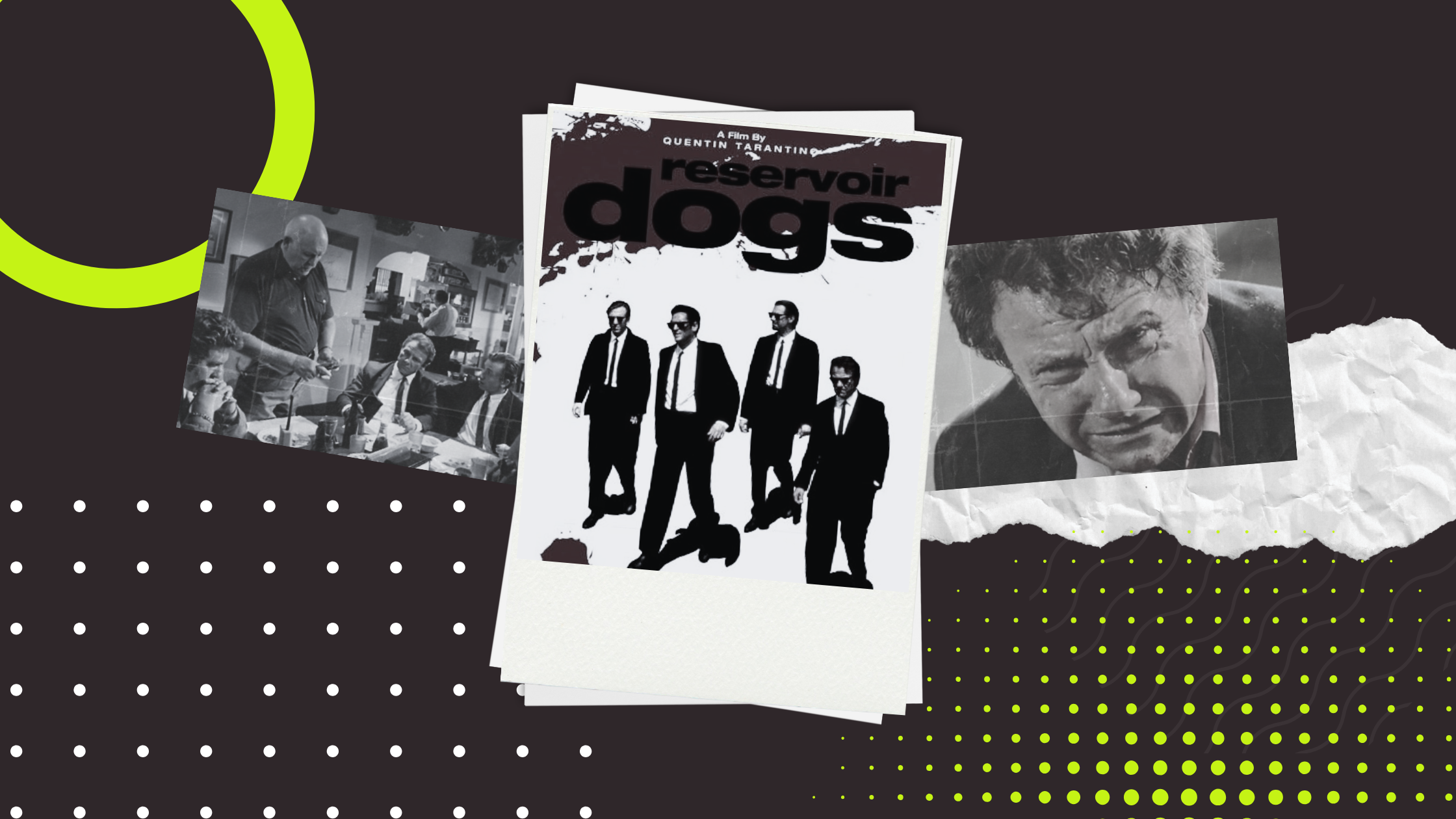Latest Articles
Cabaret – A Flawed but Timeless Movie Musical
Cabaret (1972), the Oscar-winning musical that blends decadent Berlin nightlife with the ominous rise of fascism. While undeniably influential, the screenplay reveals both striking thematic power and notable structural flaws, from diluted subplots to underused characters. We break down how the film immerses audiences, what the script achieves, and where this iconic adaptation falls short of its full dramatic potential.
Carrots, Conspiracies, and Character Growth: Inside Zootopia 2’s Sneaky Sequel Formula
Zootopia 2 just hopped past $1.8 billion and into Oscar territory, proving once again that mammals, reptiles, and screenwriting beats can peacefully coexist. Structurally? Comfort food. Twist-wise? Still sneaky. This sequel revisits its carrot-pen formula, repeats a few favorite jokes, and leans hard on déjà vu but underneath the fur and fan service is something sharper: a story about partnership, vulnerability, and choosing who you are when the world labels you “different.”
Specificity Over Spectacle: Inside the Script of Sorry, Baby
Sorry, Baby is a gentle reminder that specificity, not scale, is what makes a film linger. Eva Victor’s Sundance-winning debut blends nonlinear storytelling, dry wit, and deep emotional restraint to explore trauma, friendship, and healing without spectacle. Through quiet moments, lived-in characters, and deliberate silences, the film becomes something tender and intimate, one that trusts its audience and stays with you long after it ends.
This is How You Write Suspense: A Signs Script Analysis
Often dismissed as internet punchline, Signs is quietly one of the most effective suspense films ever made. Beneath the jokes and plot-hole debates lies a masterclass in tension, built from implication, restraint, and deeply human fear. By doing more with less, the screenplay sustains dread from its opening moments to its final reveal, proving that true suspense doesn’t shout. It whispers.
A Forgotten Gem: A Script Analysis of The Disaster Artist
The Disaster Artist is more than a comedy about a famously bad movie, it’s a surprisingly heartfelt story about ambition, friendship, and creative obsession. Learn how the film reframes the chaos behind The Room into an underdog narrative, charting the bond between Greg Sestero and the endlessly enigmatic Tommy Wiseau. Funny, uncomfortable, and oddly inspiring, the screenplay finds meaning not in success, but in the act of daring to create at all.
The Most Accurate Future: A Her Script Analysis
Set just years ahead of its release, Her isn’t a cautionary tale about machines overthrowing humanity, but a quietly devastating study of how technology reshapes intimacy. Through Theodore’s romance with an operating system, Spike Jonze explores loneliness, emotional outsourcing, and the seductive ease of artificial connection. The result is a remarkably optimistic yet unsettling vision of the future, one that asks not what AI will do to the world, but what it will do to us.
21 Jump Street – A Reboot With Heart
As awards season rolls in with its parade of heavy, prestige dramas, we found ourselves craving a lighter rewatch before the emotional gut punches begin. This time, we haves 21 Jump Street. What started as a nostalgia pick turned into a reminder of how rare it is for a reboot to feel this confident, funny, and sincere, one that understands its characters, embraces comedy chaos, and still earns its heart.
Naughty, Nice, and Surprisingly Deep: Inside The Grinch Screenplay
How the Grinch Stole Christmas is more than a familiar seasonal favorite, it’s a thoughtful example of how adaptation can elevate a simple story. Explore how a beloved children’s book became a rich feature screenplay by deepening the Grinch’s backstory and giving Cindy Lou-Who purpose and agency. Filled with festive chaos, sharp humor, and genuine heart, the film shows how strong character work can turn a Christmas tale into something unexpectedly meaningful.
Home Alone: A Screenplay Classic That Still Warms (and Wrecks) Us
Step back into the twinkling chaos of Home Alone, where John Hughes’ heartfelt, hilarious screenplay turns one boy’s accidental Christmas solitude into a timeless tale of courage, family, and festive mischief. As Kevin battles burglars and loneliness, the film reminds us why this holiday classic still sparkles with magic, and why it just isn’t Christmas without a “filthy animal.”
The Holdovers – Analysing a Contemporary Christmas Classic
In an era when true Christmas classics feel frozen in the past, The Holdovers arrives like an unexpected gift under the tree. Warm, wistful, and wrapped in ’70s snowfall, it blends sharp character drama with timeless holiday spirit. This modern gem captures the magic of found family, quiet transformation, and the kind of winter comfort we return to year after year.
Love, Loss & Christmas Chaos: Inside the Love Actually Screenplay
Love Actually remains a holiday classic because it weaves ten tender, messy, and magical love stories into one warm Christmas tapestry. From unspoken confessions to unexpected reunions, the film celebrates love in all its imperfect forms. Explore how Richard Curtis crafted a charming, interconnected world where heartbreak, hope, and wonder collide, reminding us that, at Christmas, love really is all around.
This is Why We Go to the Movies: A Fargo Script Analysis
The Coen Brothers’ Fargo is a rare film that truly has it all, suspense, humor, heart, and razor-sharp craft. In this episode, we explore why this 1996 classic remains a storytelling masterclass, from its unforgettable characters to its chillingly simple plot and timeless theme of greed. If you want to see how a script can be both wildly entertaining and artistically flawless, this is the breakdown for you.
Facing the Future: How “My Old Ass” Turns Coming-of-Age into a Conversation with Yourself
Megan Park’s My Old Ass blends heartfelt coming-of-age with magical realism as teen Elliott meets her 39-year-old future self after a shroom trip. What begins as playful advice (“wear your retainer”) becomes a profound meditation on love, loss, and gratitude; reminding us that growing up means embracing life’s beauty, even knowing it will one day fade.
Hotel Mumbai Analysis – Dramatizing Tragedy
Hotel Mumbai tackles the challenge of dramatizing real tragedy with care and intensity. By focusing on survivors, staff, and even conflicted attackers during the 2008 Mumbai siege, it avoids exploitation and instead highlights courage, fear, and humanity under fire. A gripping reminder that storytelling can honor real events while revealing the resilience at their core.
When Horror Is Actually Unpredictable: A Barbarian Script Analysis
In the decaying heart of Detroit, a young woman arrives at a rental home, only to find a stranger already inside. What begins as an awkward misunderstanding twists into a nightmare of tunnels, secrets, and unspeakable horrors beneath the house. Barbarian isn’t just another fright flick - it’s the rare modern horror that’s truly unpredictable, clever, and absolutely terrifying.
Defying Expectations: A Script Analysis of Wicked (2024)
Jon M. Chu’s Wicked (2024) brings Broadway’s beloved musical to the screen with dazzling faithfulness and cinematic flair. The film expands iconic moments, adds fresh context, and deepens themes of power, friendship, and identity, culminating in a soaring “Defying Gravity” that captures the heart of the story.
It Follows – How to Build Suspense… and How to Ruin It
A curse that passes through intimacy, an unseen figure always walking toward you, and the fragile art of suspense - It Follows transforms a simple premise into haunting dread. Yet even the smallest misstep can break the tension, turning terror into triviality. What makes suspense thrive, and how can it all unravel?
Do We Have the Right to Exist?: The Survivalist Script Analysis
Stephen Fingleton’s debut The Survivalist is more than a post-apocalyptic thriller, it’s a stark meditation on survival, trust, and the question of who deserves to exist. With only a cabin, a garden, and three characters, the film builds an entire world of tension and moral uncertainty that lingers long after the credits.
When the Writer Actually Loves Movies: A Reservoir Dogs Script Analysis
Quentin Tarantino’s Reservoir Dogs isn’t just a debut—it’s a bold lesson in turning clichés on their head. Fueled by a lifelong obsession with film, Tarantino crafted a script that subverts heist tropes, builds unbearable tension, and redefines dialogue. Here’s why his first bite made cinema bleed brilliance.
Razor-Sharp with a Twist: A Knives Out Script Analysis
Rian Johnson’s Knives Out isn’t just a whodunit—it’s a how-the-hell-did-he-pull-this-off. Both homage and reinvention, it nods to Christie and Poirot while slyly updating the genre with sharp social satire and class politics. Anchored by Ana de Armas’ guilt-ridden Marta and Daniel Craig’s donut-hole detective, its tight plotting, witty dialogue, and razor-sharp reveals cement it as a modern screenwriting classic.



